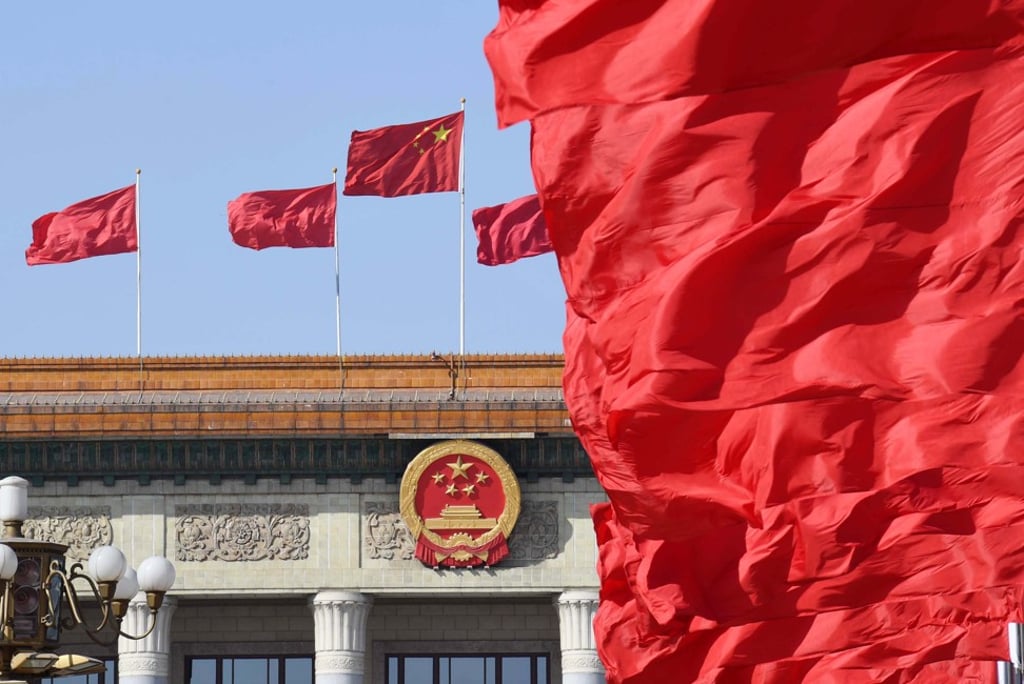Can China count on its SOEs to boost ailing employment amid US-China trade war?
- China’s state-owned enterprises came to the rescue in the 2008 financial crisis to ensure that employment levels were maintained even as global trade was collapsing
- Salary cuts and lay-offs are on the rise in manufacturing and technology-related industries, but China wants to create 11 million new urban jobs this year

The 42-year-old, surnamed Xing, chose to take China’s tough civil servant exam to join the government ranks in the 1990s when many of his friends and classmates opted to work for foreign-invested companies that paid more, and at the time, seemed to offer better jobs prospects.
“In recent years, everyone wanted to go into internet or hi-tech private firms, but I still feel it’s better to be a civil servant especially given the situation of the economy now,” said Xing, who did not want to disclose his full name due to the often sensitive topic of unemployment in China.
“I don’t have to worry about losing my job to young graduates and I can have a stable life. There is simply too much pressure working at private firms.”

Employment, or a lack of it, is often viewed as a politically sensitive issue in China as one of the Communist Party’s biggest fears is that rising unemployment would spark social unrest that questions its legitimacy in the absence of democratic elections.